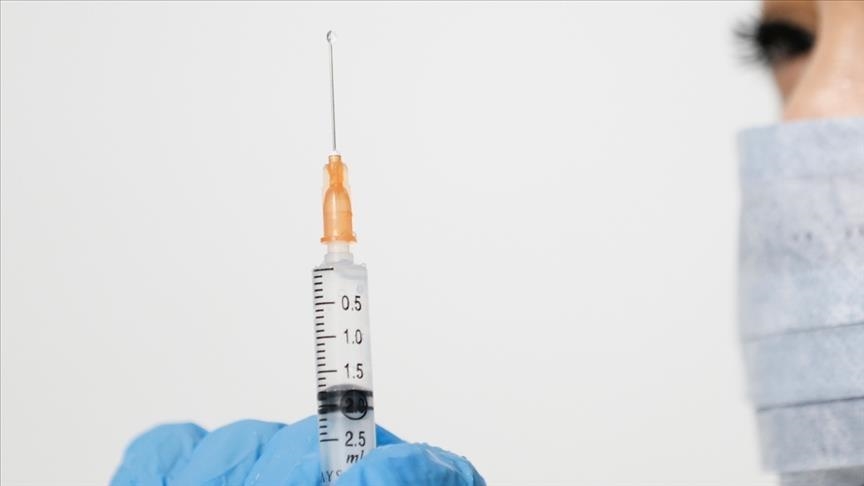When we think of dietary allergies, the likes of gluten and peanuts come to mind due to the high prevalence. But is it possible to have a sugar allergy?
You may have experienced that "crash" following the energetic buzz you get from consuming a lot of sugar. This may have left you with an unpleasant feeling and even triggered cravings. But does this indicate an allergy? Probably not.
"Most human beings are 'sensitive' to simple sugars because they hit the bloodstream so quickly," Amanda L. Dale, a personal trainer and nutritionist, told Bustle. This is why the sugar from fruit — which also contains fiber — does not cause a rapid spike and crash.
However, it is possible for some individuals to have sugar intolerance. And in rare cases, it is indeed possible to have a true sugar allergy. Now, what is the difference between the two?
Having a food allergy is a serious problem, characterized by the immune system mistaking a certain food for a harmful substance. Upon exposure, a person with an allergy could experience reactions that end up anywhere on a scale of bothersome to life-threatening.
If you have a true sugar allergy, physical symptoms will appear immediately, according to certified dietitian-nutritionist Lisa Moskovitz. The symptoms include cramping, diarrhea, a skin rash, and an itchy mouth, she told SELF.
If you experience breathing problems and feel your throat tightening, seek medical attention immediately — this may be a sign of anaphylaxis, which could lead to unconsciousness or death without intervention.
The reactions induced by food intolerance, on the other hand, are not life-threatening and are much less severe in general. The possible signs of sugar intolerance can include nausea, bloating, acne breakouts, to name a few.
Once again, it should be emphasized that a sugar allergy is extremely rare and you are more likely to have an intolerance. In fact, lactose intolerance, which we often hear about, is categorized under the latter.
"Lactose intolerance is also a type of sugar intolerance," Brooke Alpert, a registered dietitian and founder of the New York City nutrition practice B Nutritious, told Health. "It stems from a deficiency of the enzyme lactase, which breaks down the lactose sugar in milk and dairy products when you eat them."
If you suspect that your reaction after consuming a sugary snack could indicate an intolerance, it is a good idea to see an allergist or immunologist. They will conduct tests to determine if sugar is the problem or if you have another underlying health problem.
"People with gut disorders like Crohn’s disease and colitis are at risk for adverse reactions to certain sugars, for instance in the form of fructose malabsorption," Alpert added.
Remember that everyone should stick to dietary guidelines and limit their daily intake of sugar appropriately. If you are overweight or obese, consider avoiding sugar as much as possible.










